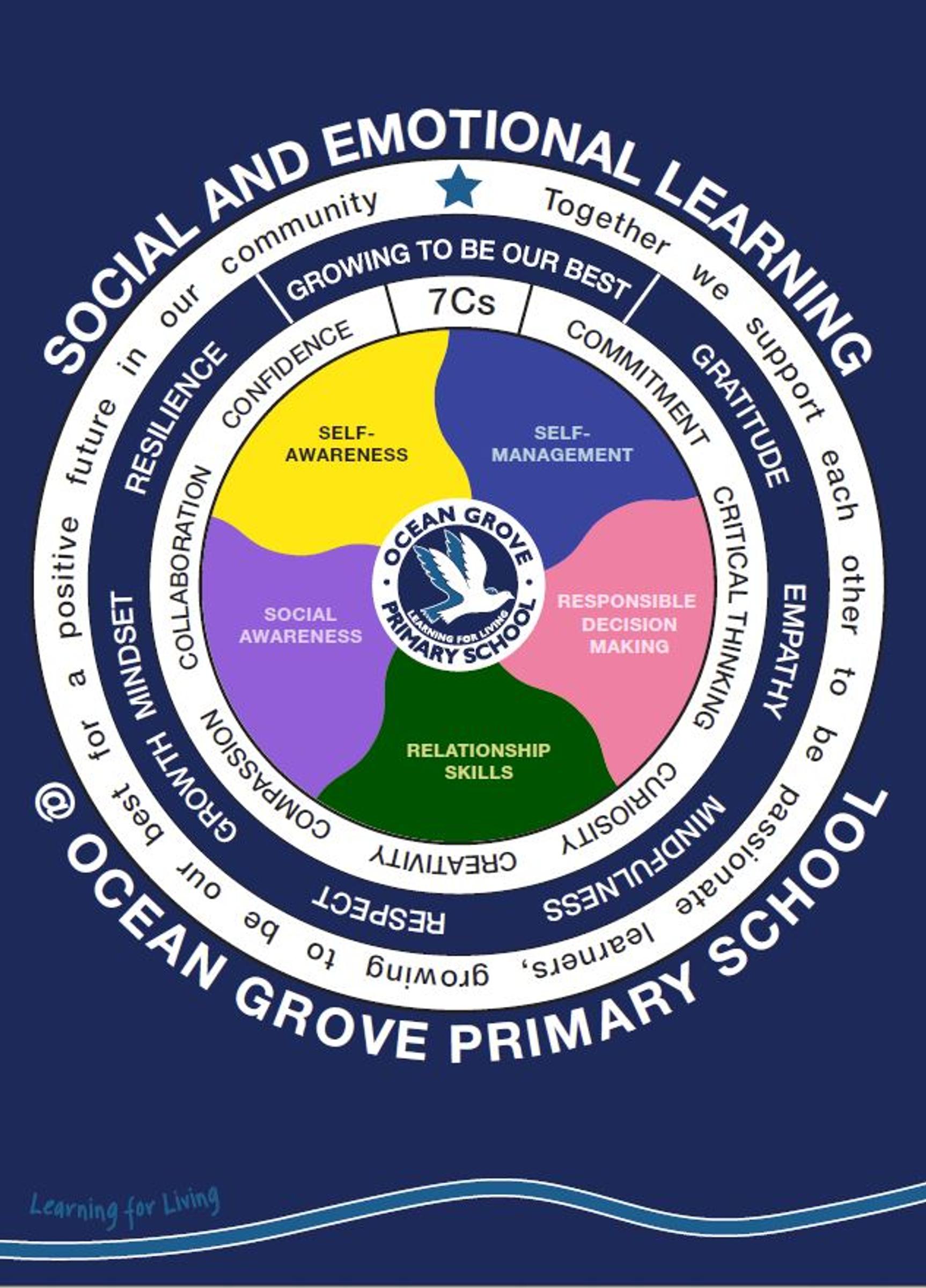Mental Health and Wellbeing Coordinator

Holidays
“I love holidays. It's such a wonderful time for the whole family to be together and not have to worry about schedules and that kind of thing.” Toni Collette
Dear Families,
Earlier this week, our staff completed some professional learning with Be You, a national mental health initiative for educators which aims to promote and protect positive mental health in children and young people in every learning service and school in Australia. Our Be You consultant Yasmin sent me some information, which I thought I would share with you…
Keeping Healthy Over the Holidays
During these times, it is valuable for families and friends to be aware of signs and symptoms that something might be wrong with their loved ones.
For some young people, this time of year can be challenging. This is particularly so for people who are experiencing isolation, loneliness and mental health issues, as we are bombarded with messages of family celebrations, gifts and holidays.
Young people who may be facing some big life changes like starting a new school, awaiting exam results to get into higher education, or commencing employment can be the most vulnerable. When normal routines change and daily structure is altered, along with missing regular contact with friends or having to financially support themselves, it can cause additional pressure.
During these times, it is valuable for families and friends to be aware of signs and symptoms that something might be wrong with their loved ones. Being withdrawn, not doing the things they would normally enjoy, ongoing worry or irritability are just some of the changes to look out for.
Further tips for adults supporting young people
Encourage them to stay connected
Social relationships are an important aspect of young people’s general wellbeing. Friends can provide both play and support, and spending time with friends is also important for keeping and building on existing friendships.
Encourage them to stay involved
Whether it is work, hobbies, clubs or sports – involvement with these can help a young person feel connected to their wider community.
Partake in physical activity
If your young person is feeling down or finding things difficult, physical activities such as walking around the block, can help relieve stress and frustration.
Keeping to a regular routine
Getting a good sleep each night helps young people feel energised, focused and motivated. By getting up and going to bed at the same time each day can help normalise their body clock.
View tips for young people for those feeling anxious or concerned about the holiday period.
“Family is the most important thing in the world.” Princess Diana
Take care of yourselves and those around you.
Andy McNeilly
Mental Health and Wellbeing Coordinator (M-HAWC)

